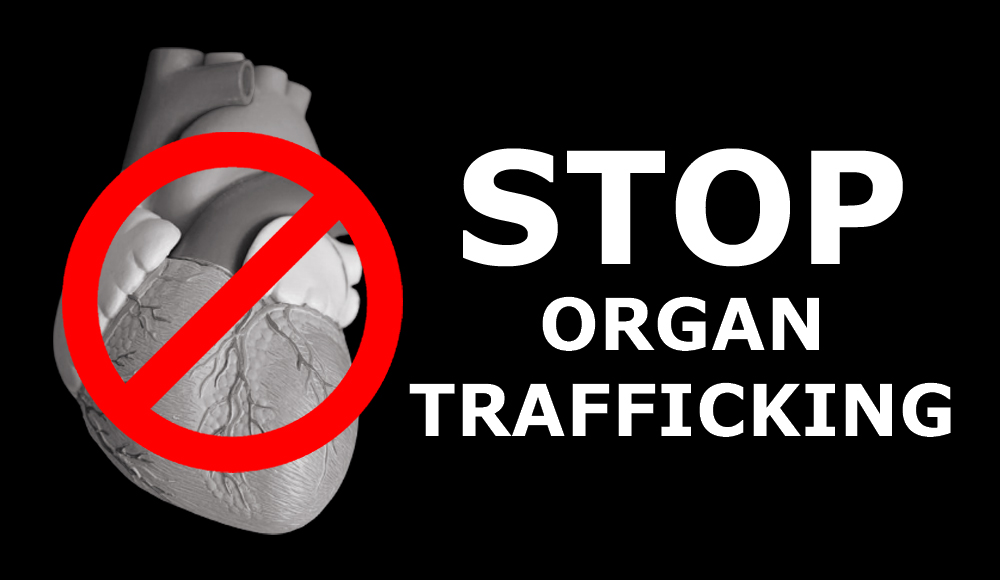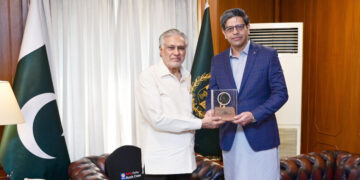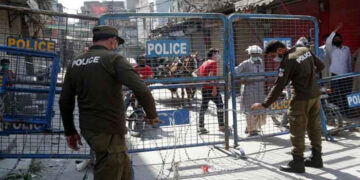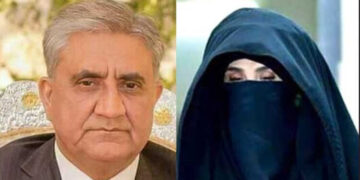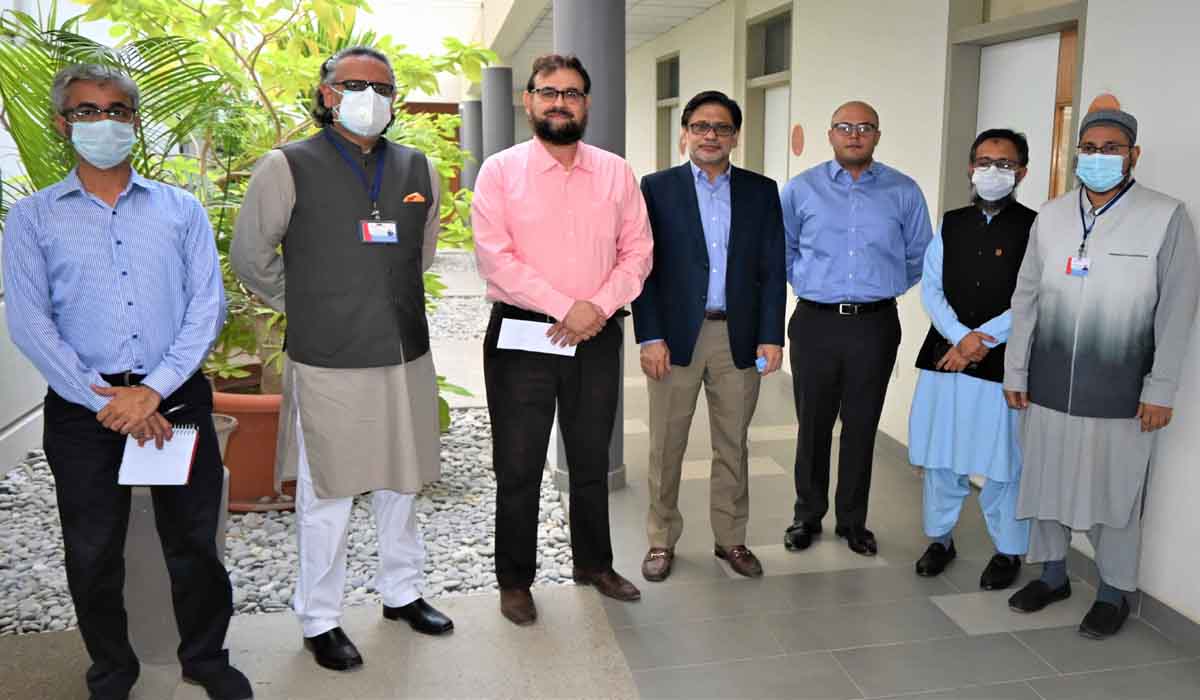Pakistan is one of the favorite resorts worldwide as far as “transplant tourism” is concerned. According to WHO estimates, Pakistan hosts up to 1500 transplant tourists every year, second only to China. Pakistan didn’t have any law to curb the human organ trade until recent past. In the end of July 2007, Supreme Court of Pakistan, the premier judicial body in the country, issued a ruling which ordered the Government of Pakistan to enact a law regulating the illegal organ trade in the country, especially the kidneys. This ruling came out as a response of complaints that poor people were forced to sell their kidneys by middlemen for very meager monetary compensations. It was also a result of media reports in July that at least 10 hospitals in Lahore, a major city of the country, were found to be involved in the black marketing of human organs.
We are still at cross roads regarding the implementation of the law. The delay in the process has evoked serious concerns among the experts in the field of ethics of organ transplantation in the country as well as among general population. Nevertheless, this recent development has halted the illegal organ trade at least for the time being. Only time will tell whether this law will be able to mark an end or at least decrease the black marketing of organs in the country. Pakistan also has as yet no law allowing the transplantation of organs from the deceased. The much-needed cadaver legislation can not only help patients who require an organ donation, but it can also help in curbing the illegal organ trade in the country. Dedicated efforts from Government and Public sector institutions are required to put an end to this inhumane trade in Pakistan.
How urgent is the need to enhance the number of donors is pretty obvious from the resurgence of the illegal organ trade and tourism in the country that had virtually been wiped out after the Transplantation of Human Tissues and Organs Act 2010 had been enacted and many unscrupulous persons involved had been brought to court. Now it is reported that the trade is on the rise again.
Hence the need to give a fillip to the campaign. We need more humanists like Navid Anwer, the young man who lost his life in a road accident and became Pakistan’s first deceased organ donor in 1998 even before the program had been institutionalized. Pakistan has had only five deceased organ donors so far, who are shining examples in a population of over 190 million.
One hopes that people will understand the importance of organ donation for saving lives. Clerics can play a pivotal role in this regard. It is more important that we shed some of our cultural inhibitions and talk about issues such as health and terminal illness. More importantly, there is need for a discourse on life and death, and not simply life after death, a popular theme in sermons from the pulpit.


